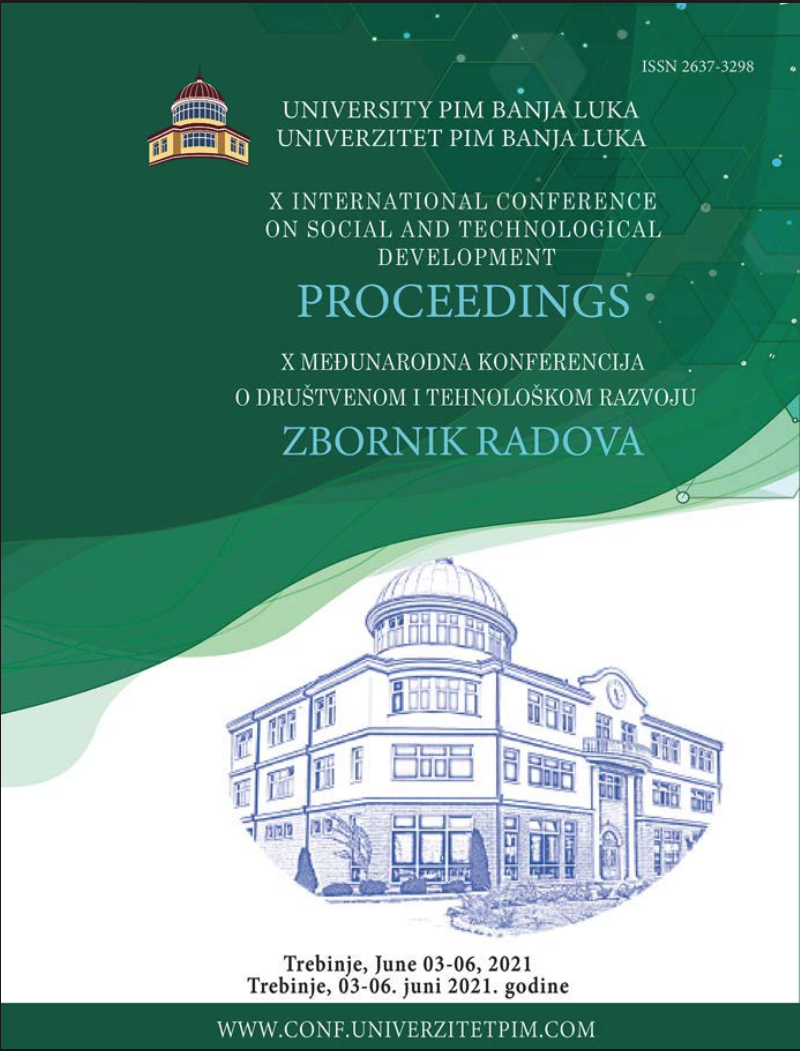
This is an open access article distributed under the Creative Commons Attribution License which permits unrestricted use, distribution, and reproduction in any medium, provided the original work is properly cited.
Faculty of Economics in Subotica, University of Novi Sad , Novi Sad , Serbia
The growing dynamics of the European banking sector and the internationalization of banking operations have greatly changed the basic way in which many banks operate. Also, the financial crisis of 2008 created the need for a banking union. However, the question is often asked in theory whether a banking union is a precondition for the creation of a fiscal union or even a political union if a favorable atmosphere is created and the conditions for such an integration endeavor are provided. How efficient this creation is in its functioning is evident only in the conditions of crisis. However, there are often differing opinions on this issue. Also, many question whether the European Central Bank, as a key regulatory unit of this system, is just a brake on the further development of banking. The new crisis has largely shown the true efficiency of the banking union in neutralizing the effects of crises, which was essentially the motive for its formation. This paper aims to analyze the efficiency of the central regulatory body of the Eurozone in organizing the day-to-day operations of the banking system and to observe it as the main reason for the relatively stable banking system of the Eurozone. Also, special attention is paid to the period after the new socio-economic crisis caused by the coronavirus.
The statements, opinions and data contained in the journal are solely those of the individual authors and contributors and not of the publisher and the editor(s). We stay neutral with regard to jurisdictional claims in published maps and institutional affiliations.